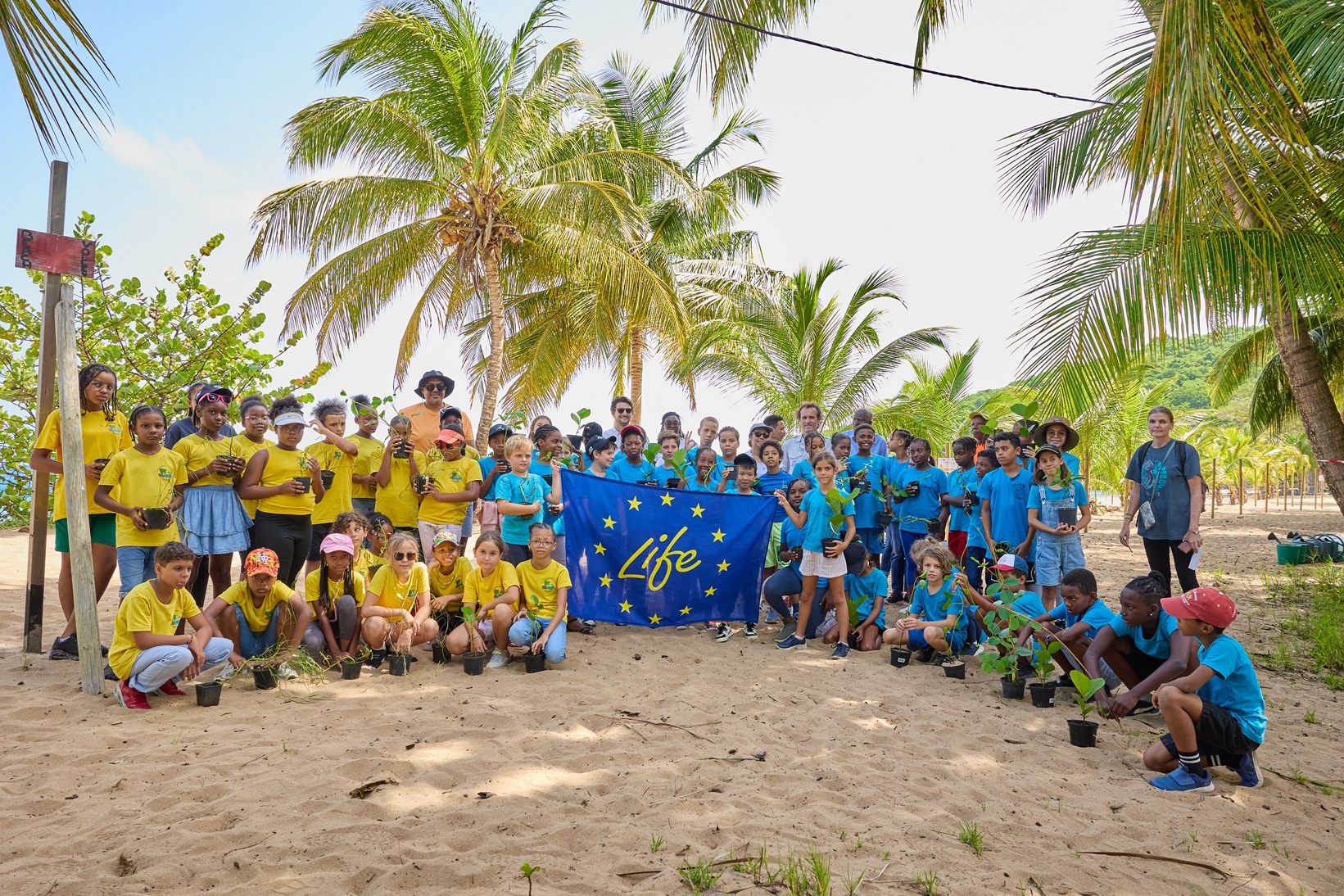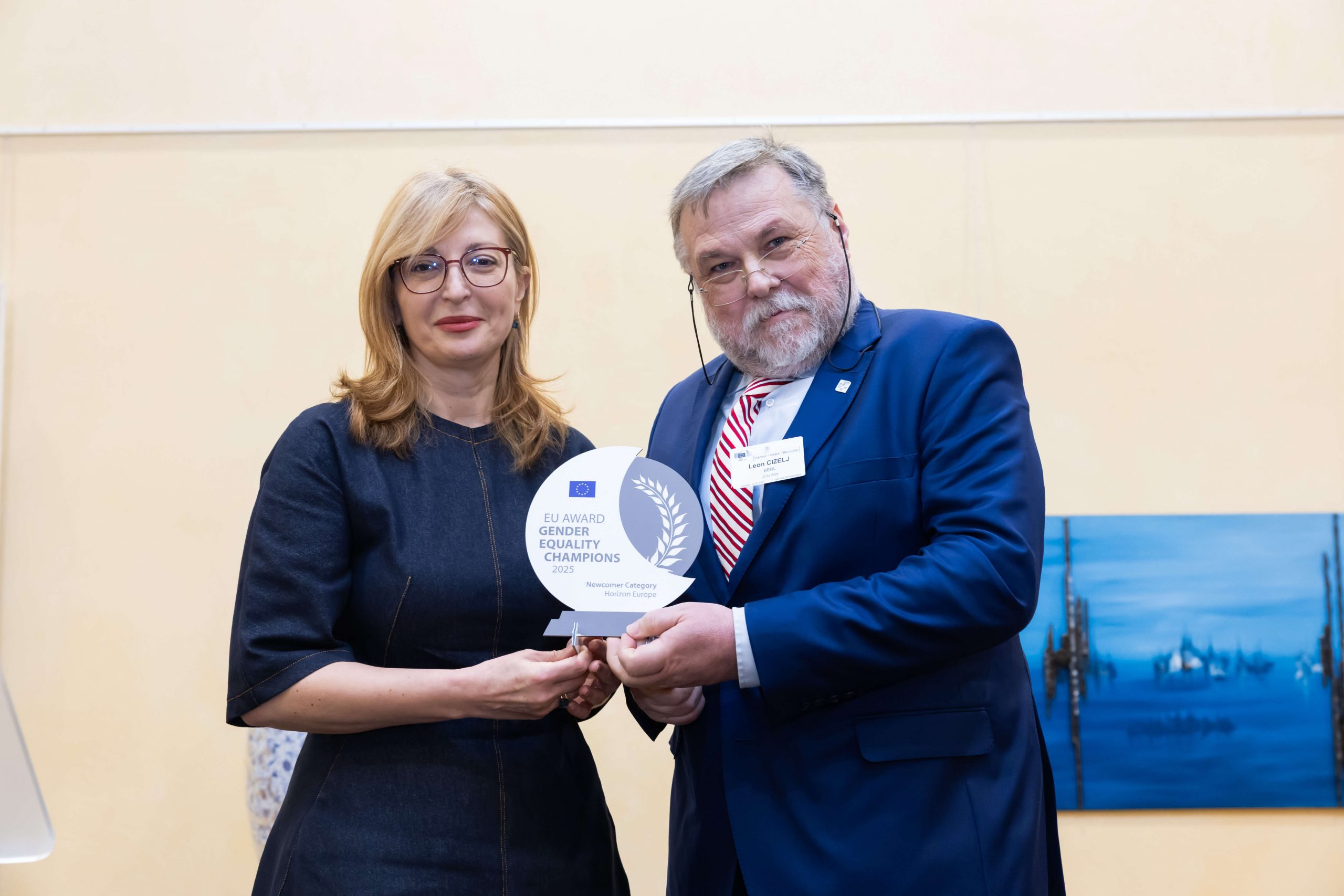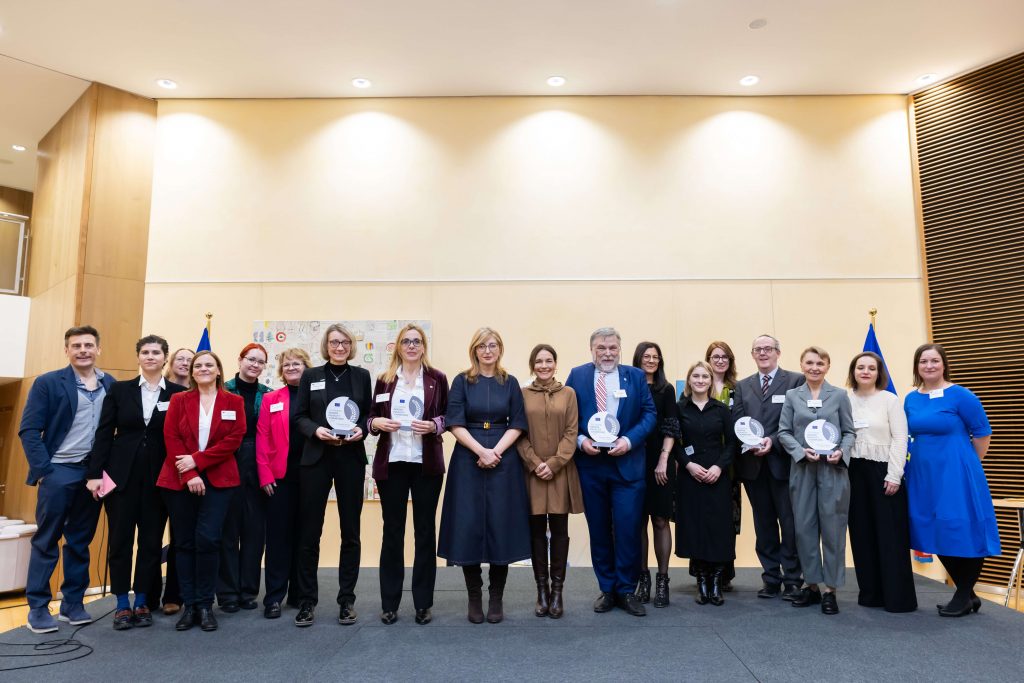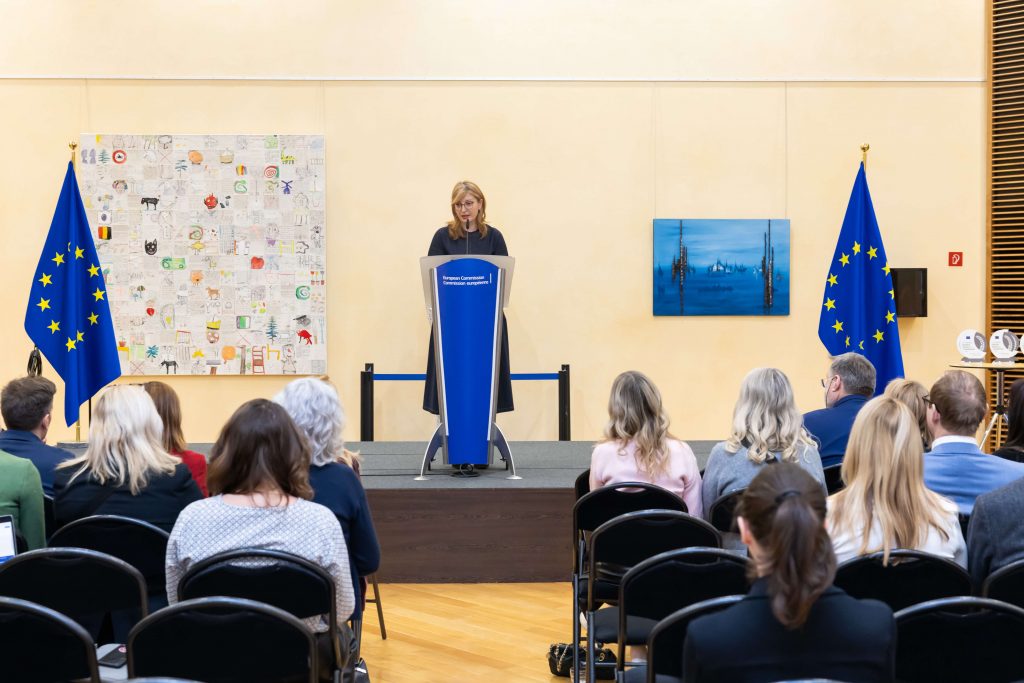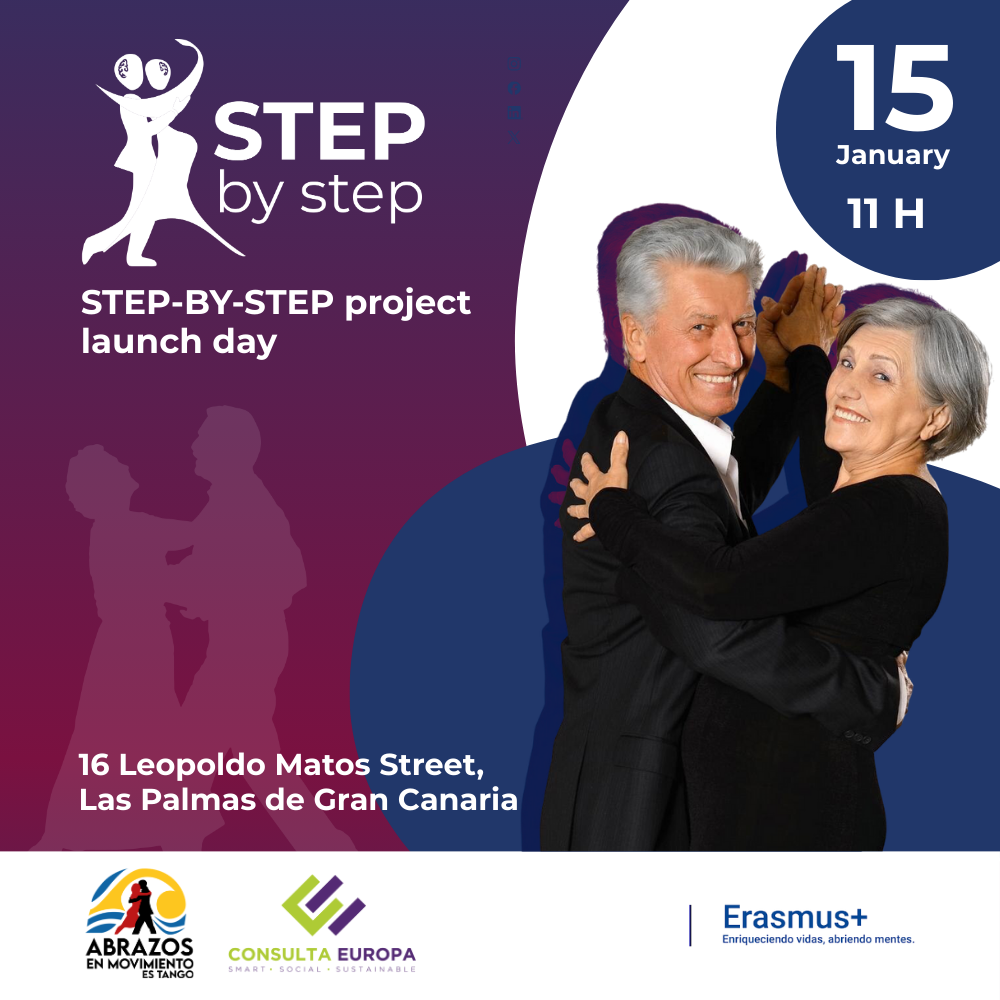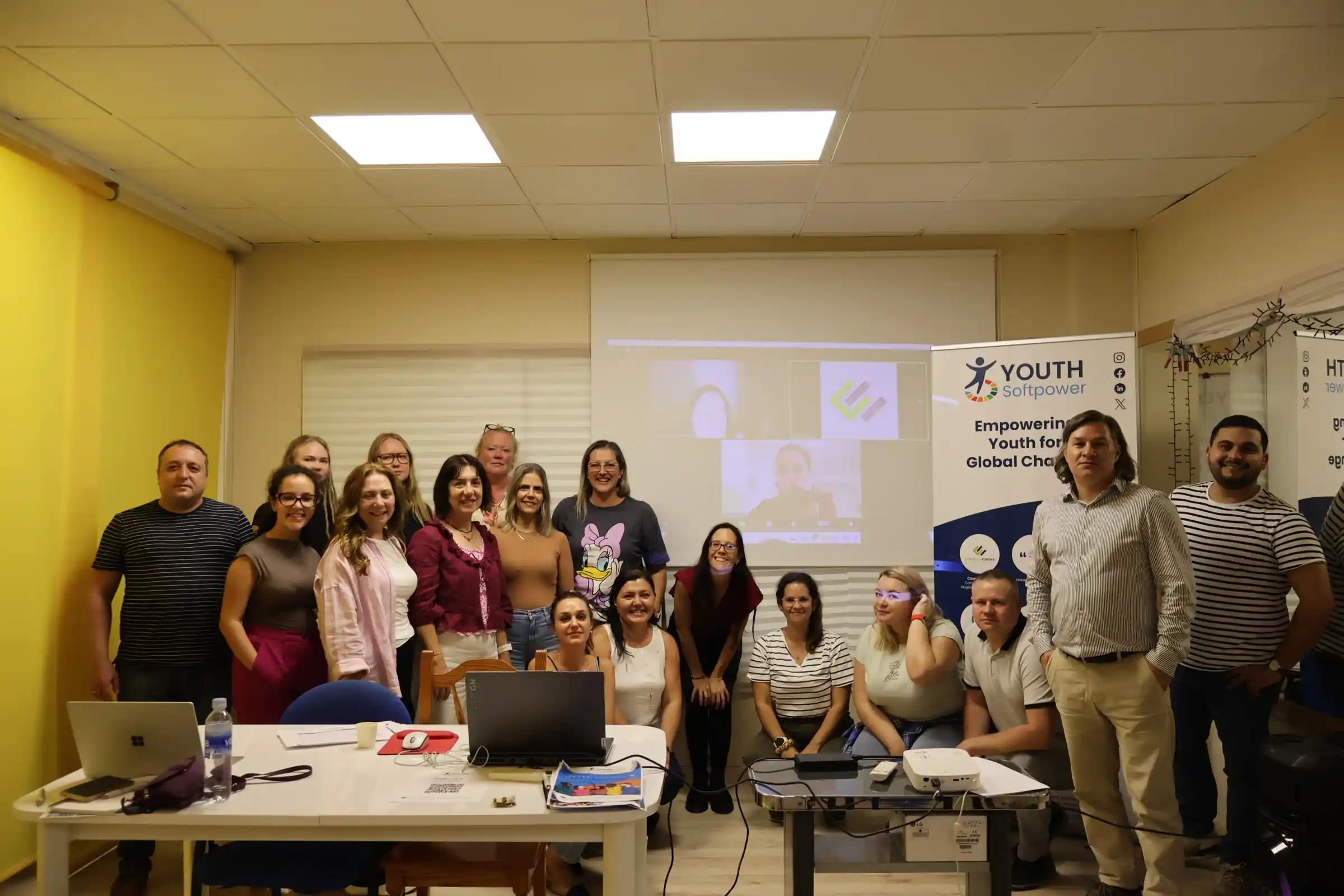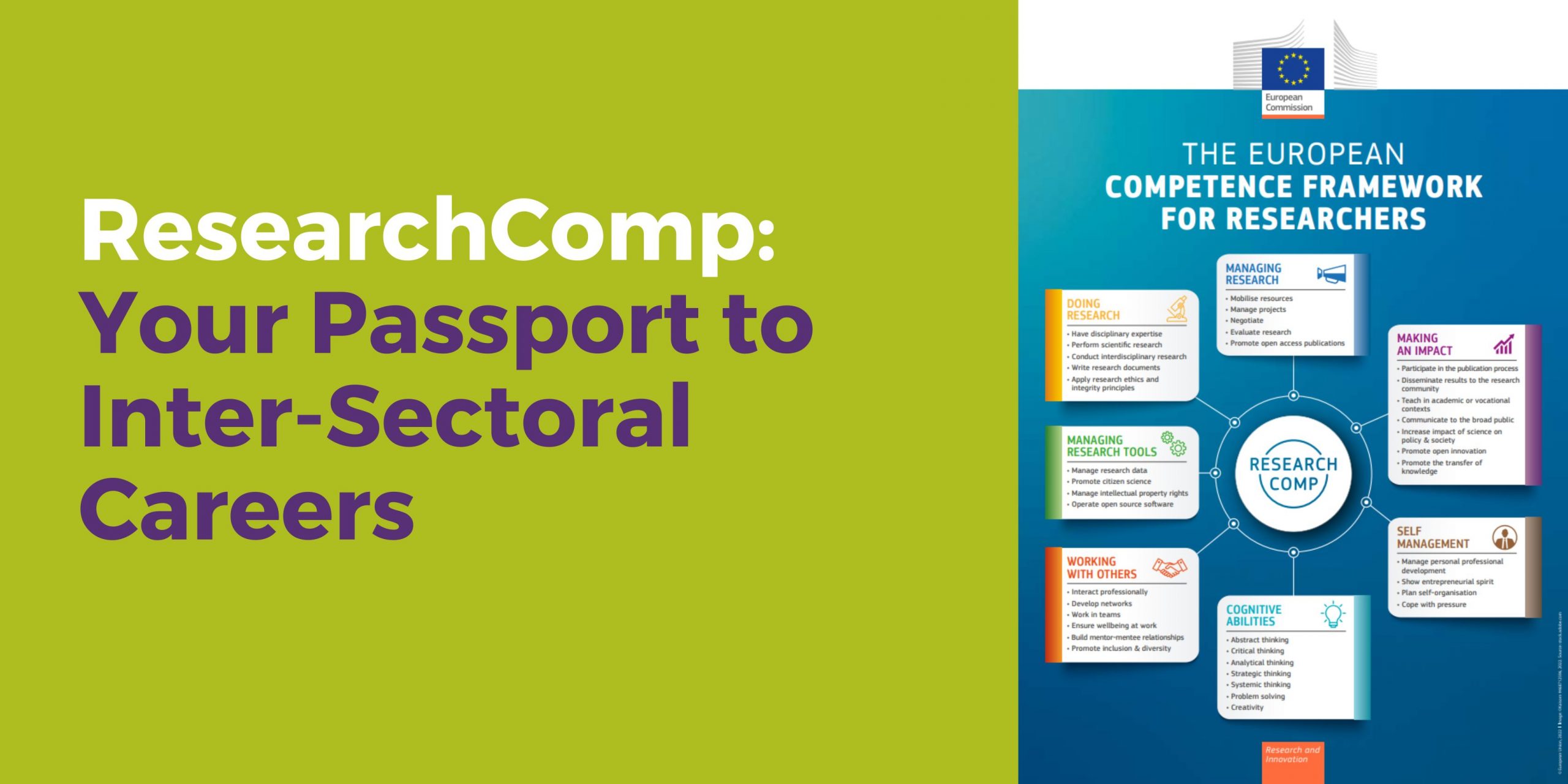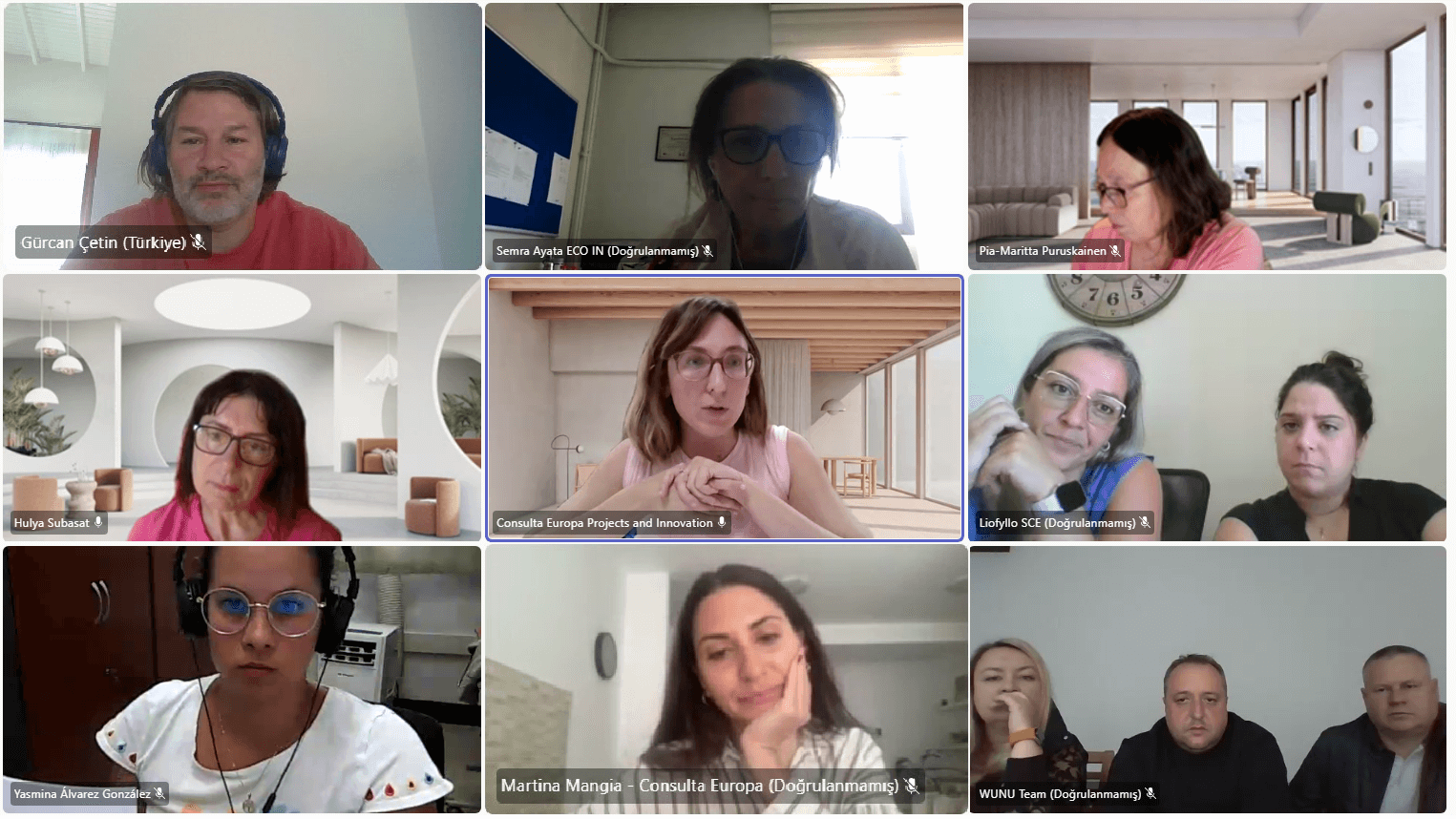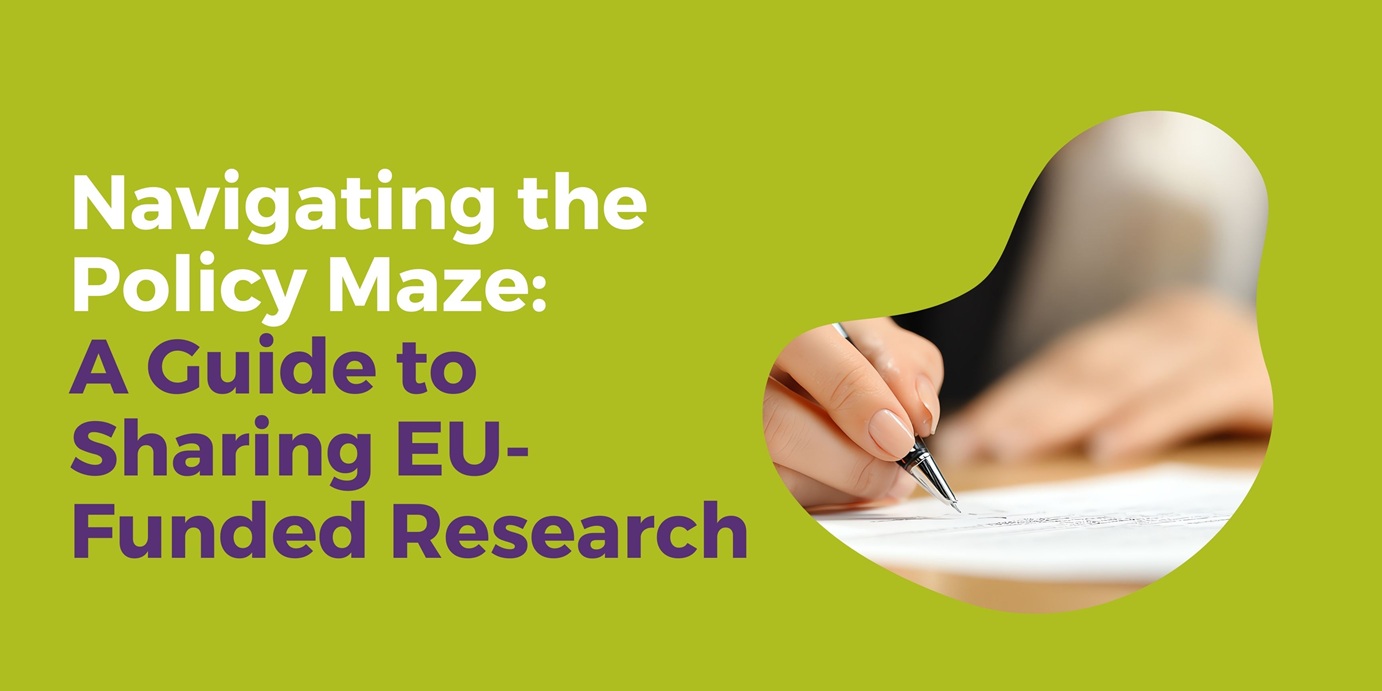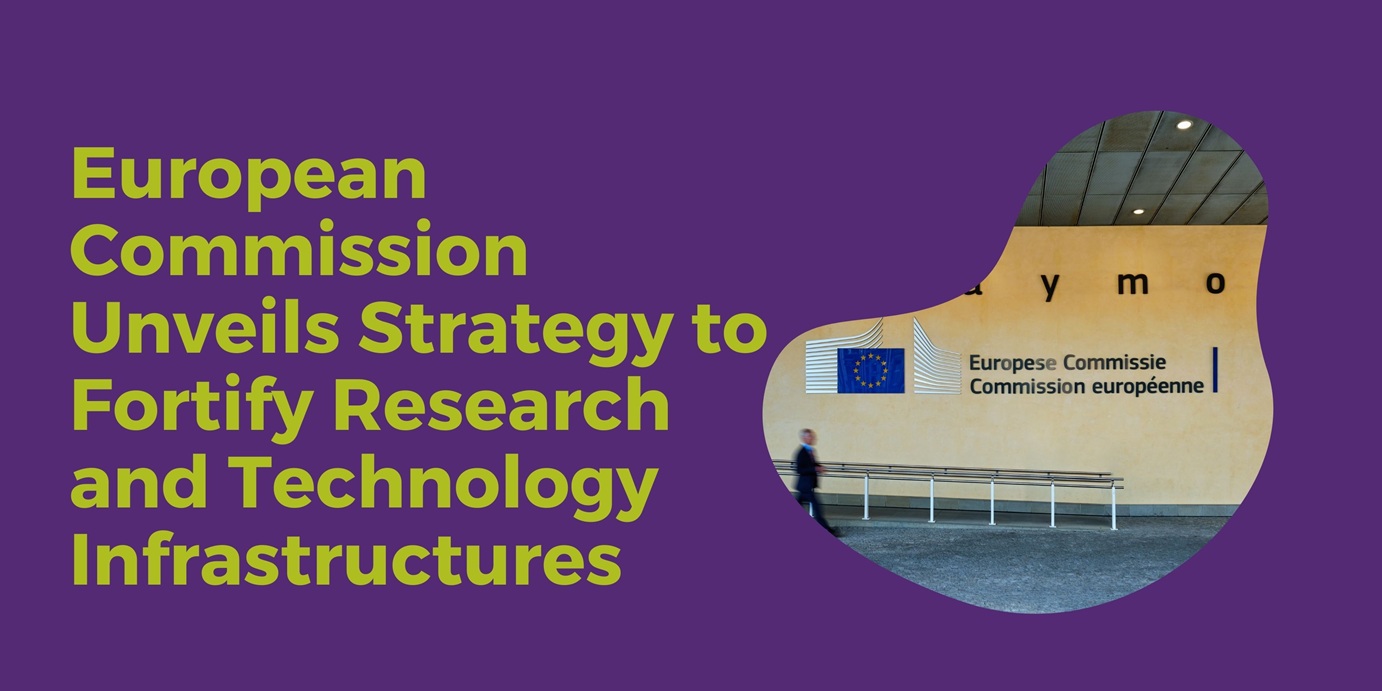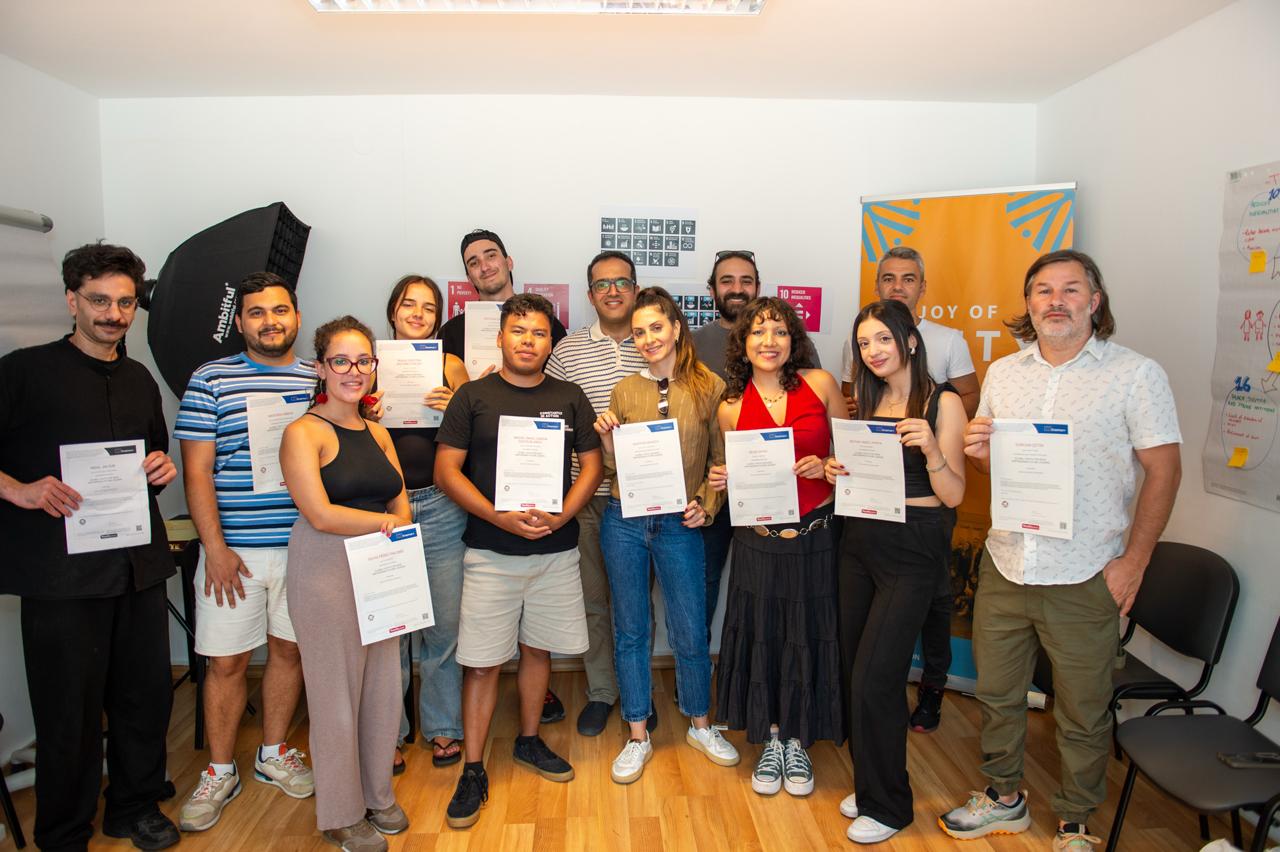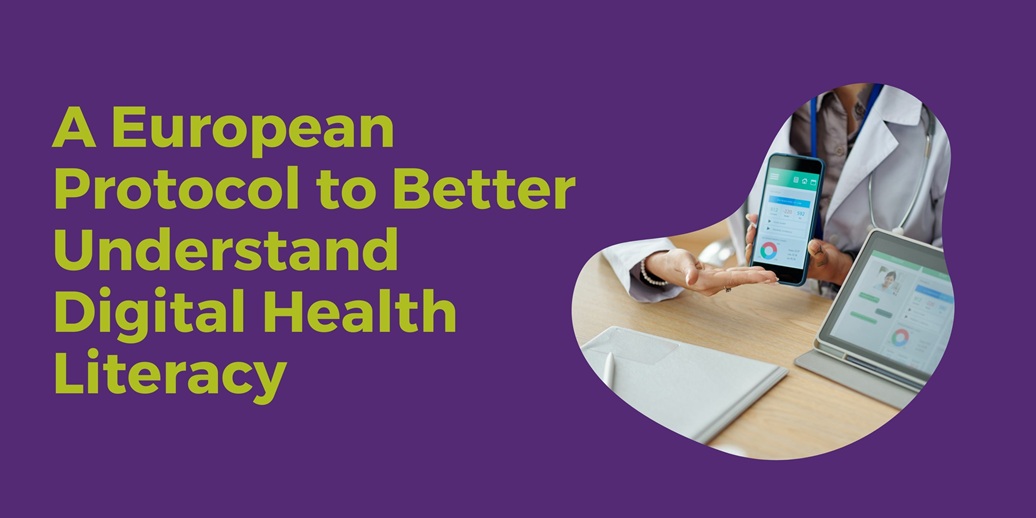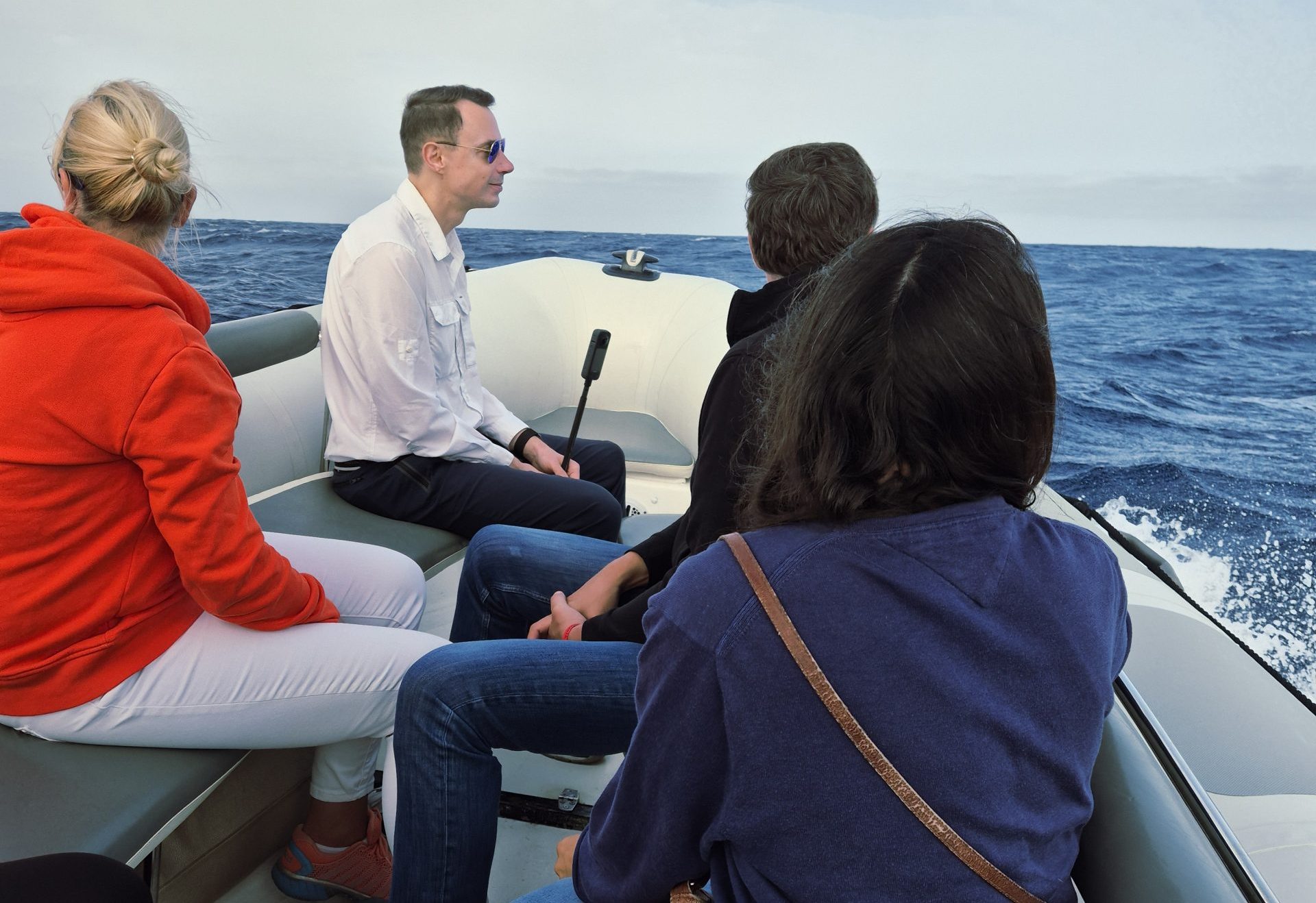The new episode of OCEAN, the Euronews documentary series produced in collaboration with the European Commission’s Directorate-General for Maritime Affairs and Fisheries (DG MARE), is now available and features the European project TWINNEDbySTARS. Broadcast on 29 July in over 160 countries, the episode focuses on sea-friendly tourism and shows how the outermost regions of the Atlantic are committed to a development model based on knowledge, authenticity, and sustainability.
From underwater archaeology to whale-watching excursions guided by scientists, the report demonstrates that a tourism model is possible that protects and values the ocean’s natural and cultural heritage, in contrast to mass tourism models that have sparked protests in cities such as Barcelona and Venice. TWINNEDbySTARS aims to transform holiday experiences in coastal areas in a responsible and sustainable way.
Funded by the European Commission, the project connects SMEs in the nautical sector across the Canary Islands, Azores, Madeira, and Martinique, promoting the design and testing of new sustainable, multi-destination tourism products. These experiences integrate science, culture, and ocean enjoyment from a responsible perspective, fostering respect for the marine environment and connection with local heritage.
“The marine ecosystem, like the terrestrial one, is constantly exposed to human activities. The key lies in corporate social responsibility to operate in the best possible way in the marine environment. TWINNEDbySTARS was created with this goal in mind: to grow responsibly and reduce environmental pressure,” says Yen E. Lam, coordinator of the project.
The Euronews team visited two of the participating islands to learn more about the initiatives within this network of transformation. In Tenerife, they visited Biosean, a company led by marine biologist Misael Morales Vargas, offering whale-watching excursions with a scientific focus and minimal environmental impact. Their trips are conducted in quiet inflatable boats with small groups, making each outing an educational experience.
One of the most special moments is the use of the hydrophone, an underwater microphone that allows visitors to hear the clicks and whistles of cetaceans in real time. “There is an environmental emergency, and we need to create experiences that can change people’s mindsets. We need them to see nature as part of us, not as something separate,” Morales Vargas points out.
In Faial, in the Azores archipelago, the OCEAN team sailed with Naturalist, another TWINNEDbySTARS participant. Their guides combine scientific knowledge with respectful observation of marine fauna, bringing visitors closer to the world of cetaceans in a conscious and intimate way. “We want to be role models so that other companies can strengthen the links between science and tourism, using better data obtained directly from the ocean,” explains Gisela Dionísio, marine biologist at Naturalist.
The episode also highlights other relevant initiatives, such as the ecoRoute project, which promotes underwater heritage in peripheral regions through responsible diving and coastal archaeology. Initiatives like these strengthen the ecosystem of actors who, like TWINNEDbySTARS, are leading the shift toward more conscious tourism in the Atlantic.
The full episode is available in several languages on the Euronews website:
🔗 https://www.euronews.com/green/2025/07/29/how-atlantic-islands-are-proving-tourism-can-help-the-ocean
With this international visibility, TWINNEDbySTARS is taking another step toward becoming a European benchmark in creating sustainable, cooperative marine tourism experiences aligned with the current challenges facing the ocean.
© Euronews / European Commission, 2025

